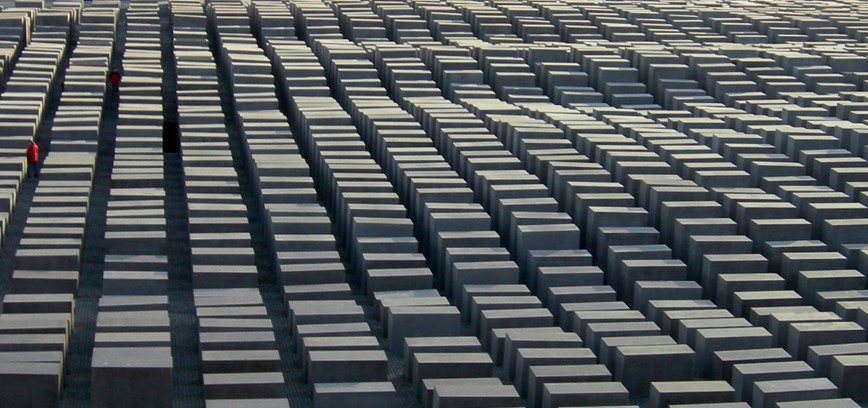
Ahead of last year’s Booker Prize announcement, the London Evening Standard’s David Sexton wrote a curious column, singling out Howard Jacobson’s novel J as not worthy of the award. The problem with J, he said, was that it was simply not believable; the setting, that of a near future dystopian Britain which has been purged of Jewish people, is simply unbelievable. Sexton quoted James Walton’s review in the Spectator:
“For the novel to carry the kind of punch [Jacobson] clearly intends, it needs to be at least imaginable that, within the next few years, the British people could rise up against the country’s Jews, who still occupy ‘a particular, even privileged place in the nation’s taxonomy of fear and loathing’. And that once they had, the crime could be buried.”
... before concluding that it would be better not to “endorse” Jacobson’s vision with a prize.
How odd to berate a novelist for having imagined a future that you, personally, cannot.
How complacent to not only simply state “it could never happen here”, but to openly disparage the thought that it might.
The it in question is referred to in Jacobson’s book as WHAT HAPPENED IF IT HAPPENED. The England of Jacobson’s imagination exists in the uncertain world of genocide denial: it didn’t happen, but they would have had it coming if it did.
Jacobson’s novel is set roughly 60 years after WHAT HAPPENED IF IT HAPPENED: Today marks the 70th anniversary of the liberation of Auschwitz-Birkenau, the largest Nazi death camp. Across Europe, ceremonies are being held, and we will be urged not to forget what happened.
The task of Holocaust remembrance has become more urgent in recent years, as we face up to a point, soon, when there will be no more people alive who actually do remember: who can answer every accusation that the events were a hoax or a fraud, or exaggerated, with their own personal testament.
The horrors of the Nazi era remain the moral touchstone of our time; in a secular world, Nazism stands in for Satan in our perception of pure evil, the Holocaust for Hell on Earth.
Everything is judged on a scale from 0 to Hitler.
It’s unsurprising then, that we would want to put the era, and the reality of the camps, the gas, and before that, the everyday indignities of life under Nazi rule, as far away from ourselves as possible.
This impulse manifests itself not in the phenomenon of Holocaust revisionism (whose practitioners are glad the Holocaust happened while insisting it didn’t), but in attempts to calcify the story, and to segregate it from ourselves. It couldn’t happen here and now, we tell ourselves. It just couldn’t, because we have learned the lesson.
And so, we talk, as one British parliamentarian has this week, of banning Mein Kampf (more accurately, Thomas Docherty MP talked about the need for a “debate” about banning Mein Kampf). Or as the European Council on Tolerance and Reconciliation (ECTR) has done, we talk about “banning anti-Semitism” (as if this were possible without... the measures employed in Jacobson’s story suggest something: first you try to wipe out Jews, then you try to make it impossible to tell who is Jewish and who is not. Even then, Jacobson’s society is convinced that WHAT HAPPENED IF IT HAPPENED was probably necessary because the “problem” needed to be dealt with.)
We have learned the lesson, as if the camps were some kind of live enactment of Aesop’s Fables for future generations, little metaphors for our benefit. As if this was an episode from which we can move on, perhaps even becoming better people as a result of it.
We, particularly those of use who may have escaped the slaughter, were we alive at the time, compartmentalise the Shoah. Distancing ourselves from its enormity, we assure ourselves: it couldn’t happen here, couldn’t happen now.
But what then? Are we safe? And what do we want to be safe from? Judgement perhaps? Or the knowledge that even though we are sure we won’t do it, it is possible that we could do it. All the “not here, not now” in the world does not isolate us from the fact it did happen, there, then. The worst realisation it is that it did happen. It may not happen right here, right now; but what comfort is that? It cannot be undone. The best we can do is listen to those who were there. This is a day for contemplation and recognition of the horror humanity is capable of: it is not a time to ask for absolution, or protest our innocence.